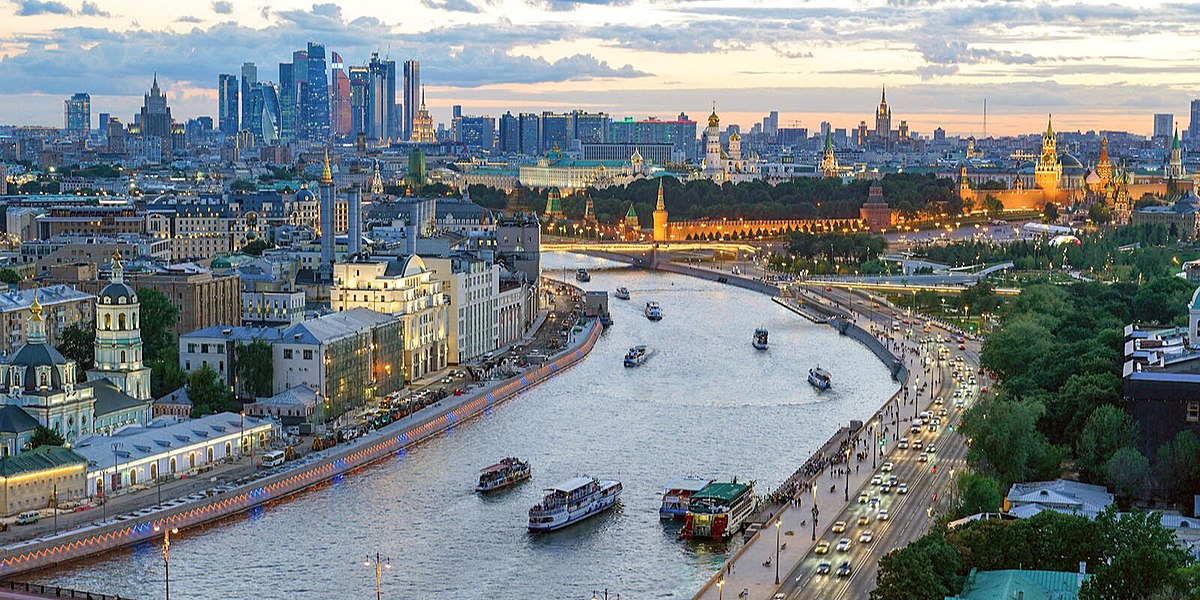kanethenotorious
Phoron
Market socialism - Wikipedia
I think Market Socialism is a realistic way to put the working class in charge. Straight command line economics are not used much anymore.
Market socialism - Wikipedia
In practice
A number of market socialist elements have existed in various economies. The economy of the former Socialist Federal Republic of Yugoslavia is widely considered to have been a form of market-based socialism, based on socially-owned cooperatives, workers' self-management and market allocation of capital.[49] Some of the economic reforms introduced during the Prague Spring by Alexander Dubček, the leader of Czechoslovakia, included elements of market socialism.[50]
Likewise, Vietnam's socialist-oriented market economy is self-described as market socialist. It has an extremely high prevalence of cooperatives, especially in agriculture and retail, with the continued state ownership of the commanding heights of the economy.[51] Cooperative businesses in Vietnam are also incentivized and supported by the government, receiving many benefits that private companies do not.[52]
The Mondragon Corporation in the Basque Country, Coop in Italy, and cooperatives in many other countries are widely cited as highly successful co-operative enterprises based on worker- or consumer-ownership and democratic management.[citation needed] Peter Drucker described the United States system of regulated pension funds providing capital to financial markets as "pension fund socialism".[53] William H. Simon characterized pension fund socialism as "a form of market socialism", concluding that it was promising but perhaps with prospects more limited than those envisioned by its enthusiasts.[54]
The economy of Cuba under the rule of Raúl Castro has been described as attempting market socialist reforms.[55] Similarly, the economy of Libya under Muammar Gaddafi could be described as a form of market socialism as Muammar Gaddafi's Third International Theory shared many similarities with Yugoslav self-management.[56][57]
Policies similar to the market socialist proposal of a social dividend and basic income scheme have been implemented on the basis of public ownership of natural resources in Alaska (Alaska Permanent Fund) and in Norway (the Government Pension Fund of Norway).
Last edited:


